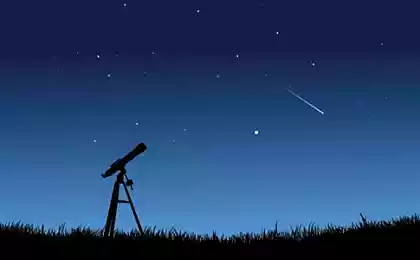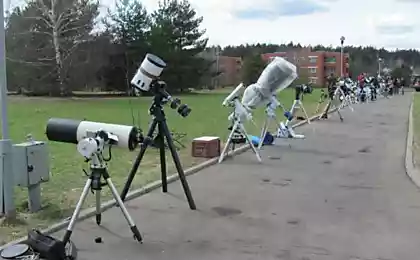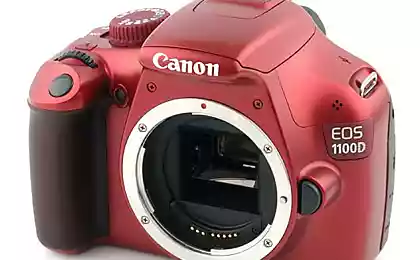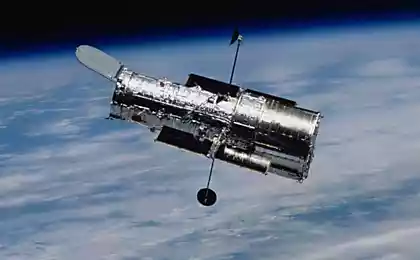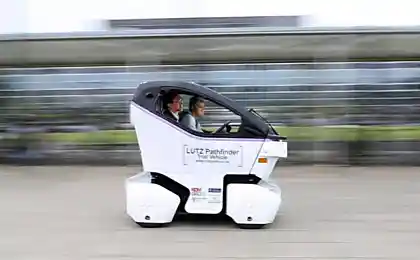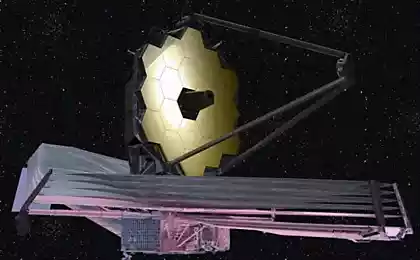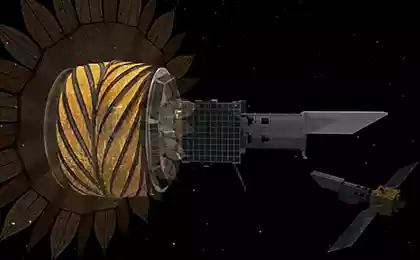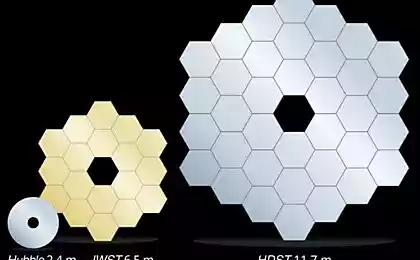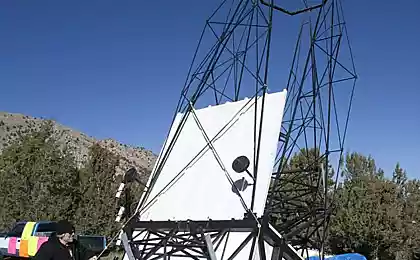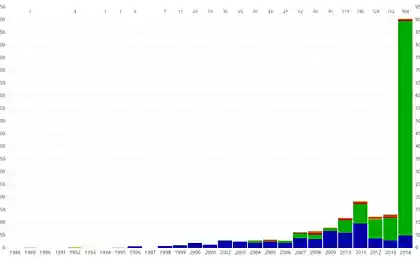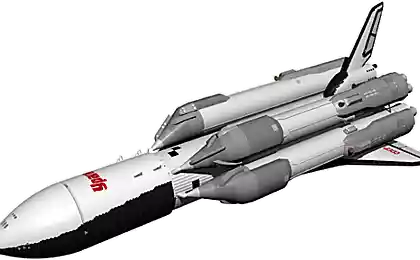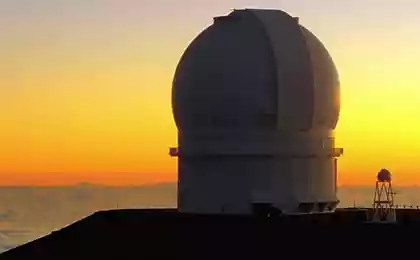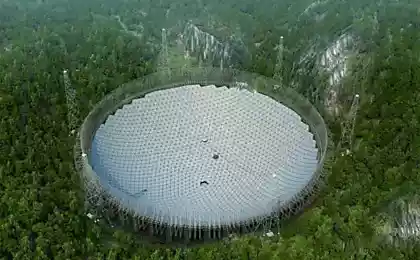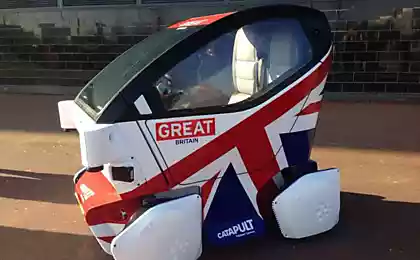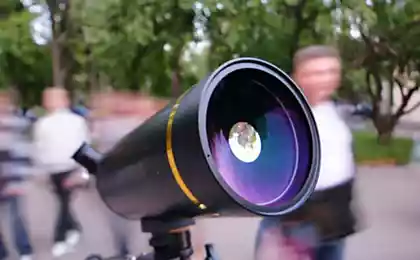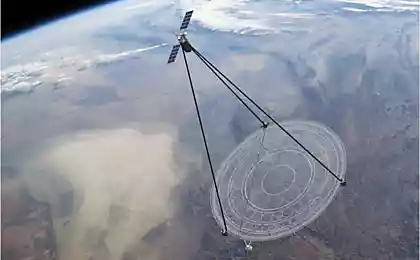798
LISA Pathfinder Space Telescope ready for launch
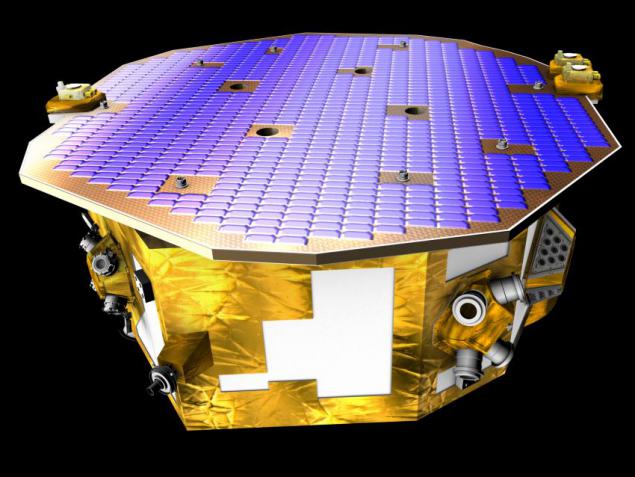
ESA announced the completion of the assembly and testing of experimental tests of the telescope LISA Pathfinder. His plan to launch into Earth orbit from Kourou, and the system will deal with the study of gravitational waves - is, in fact The first phase of the project on creation of space gravitational wave detector.
Supervisor of the project Manamara Paul (Paul McNamara) said that the project is very complex, but its implementation opens the way for a more interesting space missions, in addition, the cosmic gravitational wave detector is able to monitor very distant from Earth objects. As for the space telescope LISA, its mission - detection of gravitational waves, which occur during the interaction of huge objects in deep space.
Interestingly, to implement such a project, it was decided in early 2001. It is a joint mission of NASA and ESA. According to the plan, LISA is a composite system represented by three parts. Each part of the system and is equipped with a laser sensor that can detect the slightest deviation of the laser beams, which come from other systems. In standby mode LISA - it is an equilateral triangle with a side length of 5 million kilometers. Parties presented by laser beams. When passing through the gravitational wave detectors will detect the deviation of the laser beams that allow the detection of these waves.
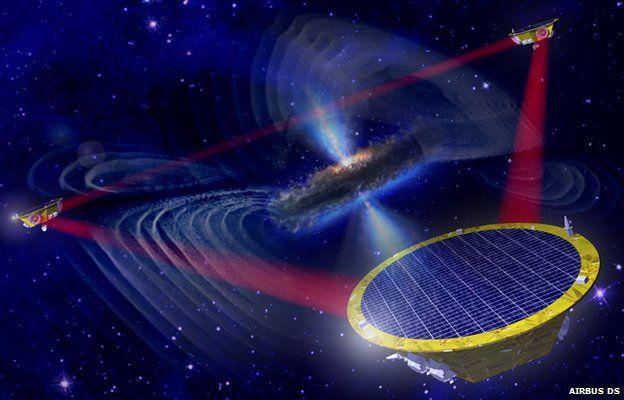
The project aims not only to detect gravitational waves, but also to measure their polarization, and the direction of their source. Thus, ultimately the goal of the project - the construction of maps of the sky with an angular resolution of a few degrees by studying low-frequency gravitational radiation. In the event of the success of the experiment for a few years, the permission for the sources of high-frequency gravitational waves (with periods of less than 100 seconds) can be improved up to a few minutes of arc.
Unfortunately, in 2011, NASA refused to participate in the project, so the implementation of the idea was shelved. But ESA has decided to create a test unit LISA Pathfinder, which will test the technology for detecting gravitational waves. A full-scale system LISA if established, not before 2030.
LISA Pathfinder - can operate as a full LISA, but that side of the triangle, in this case - not 5 million km, and a total of 38 centimeters. Send a telescope into orbit is planned for next year in the fall.
Source: geektimes.ru/post/261320/
